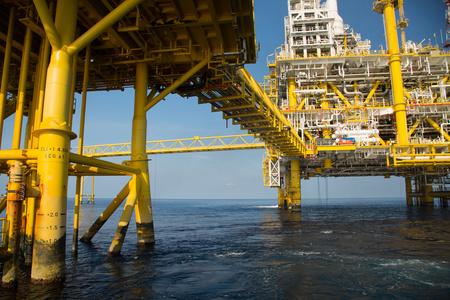Is Oil Still the World’s Lifeline? The Energy Debate We Can’t Ignore
(Should The World Continue To Rely On Oil As The Major Source Of Energy?)
Picture this: You wake up, drive to work, charge your phone, cook dinner. Oil plays a role in nearly all of it. For over a century, oil has been the backbone of global energy. It powers cars, heats homes, and fuels industries. But here’s the problem. The world is changing. Storms grow fiercer, temperatures creep higher, and politics around oil grow messier. So why do we still bet so heavily on a resource that’s both draining and damaging?
Let’s start with the obvious. Oil is convenient. It’s energy-dense, easy to transport, and deeply embedded in global systems. Countries build economies around it. Jobs depend on it. Switching overnight isn’t just hard—it’s like asking a speeding train to reverse direction. But convenience has a cost. Burning oil releases carbon dioxide, a key driver of climate change. Ice caps melt. Coastal cities flood. Crops fail. The math is simple. The more oil we burn, the worse these problems get.
Then there’s the politics. Oil-rich nations often hold outsized power. Conflicts flare over pipelines. Wars start over control of reserves. Money flows to regimes with questionable ethics. This creates instability. Prices swing wildly. One crisis in a distant country can send gas costs soaring worldwide. Reliance on oil ties the planet to a rollercoaster of uncertainty.
What about alternatives? Solar and wind energy have grown cheaper. Electric cars now compete with gas guzzlers. Batteries store renewable energy for cloudy or windless days. These technologies aren’t perfect. Solar farms need space. Wind turbines face opposition from local communities. Batteries require minerals mined under harsh conditions. Still, progress is undeniable. Renewables now account for over 30% of global electricity. That number climbs every year.
The bigger hurdle isn’t technology. It’s infrastructure. Gas stations outnumber charging ports. Power grids built for coal plants struggle with solar inputs. Retooling these systems takes time and money. Governments debate who should pay. Companies hesitate to abandon profitable oil ventures. Change happens, but slowly.
Jobs are another sticking point. Millions work in oil drilling, refining, and transportation. Shifting to renewables could leave these workers stranded. Training programs exist, but they’re underfunded. Communities built around oil face uncertain futures. This isn’t just about energy. It’s about people’s lives.
Yet the clock ticks. Scientists agree global emissions must drop by half by 2030 to avoid climate disaster. Oil isn’t the only culprit, but it’s a big one. Cutting its use fast enough requires tough choices. Do we tax carbon more? Subsidize green tech harder? Penalize polluters? Every option sparks debate.
Human history is full of energy shifts. We moved from wood to coal, coal to oil. Each transition brought disruption—and growth. The next shift is already here. Wind turbines spin where oil rigs once stood. Solar panels shade deserts that once hid fossil fuels. The difference this time? Speed. Climate change forces us to move faster than ever before.
Some say oil will linger for decades. It fuels planes and ships, which lack clean alternatives. Plastics and chemicals still need petroleum. But should it remain the star player, or become a backup? The answer shapes everything. Our economies. Our ecosystems. Our survival.
(Should The World Continue To Rely On Oil As The Major Source Of Energy?)
Maybe the real question isn’t whether we *can* quit oil. It’s whether we’re willing to prioritize the future over the present. To reimagine how we live, work, and power our world. The stakes? Nothing less than the planet itself.
Inquiry us
if you want to want to know more, please feel free to contact us. (nanotrun@yahoo.com)




